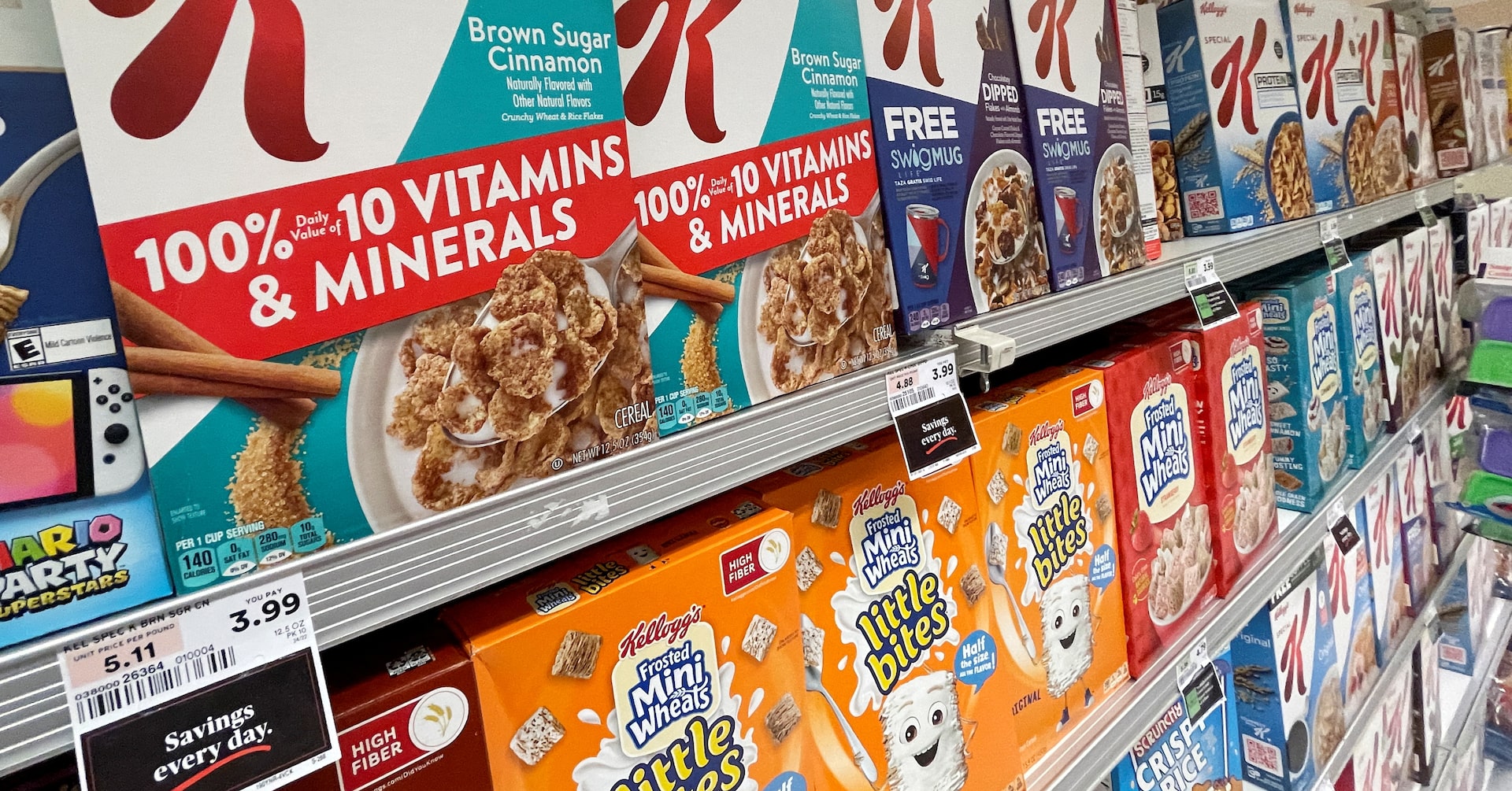Kellogg's Health Claims Under Scrutiny: Texas Launches Investigative Probe

Texas Launches Investigation into Kellogg's Health Claims
In a bold move, the state of Texas has initiated an official investigation into WK Kellogg, challenging the company's marketing practices. Authorities are scrutinizing the breakfast cereal manufacturer's potentially misleading advertising, which claims its products are "healthy" without sufficient substantiation.
The probe suggests that Kellogg may be running afoul of state consumer protection laws by promoting its cereals as a nutritious food option. State regulators are carefully examining the company's product labeling and marketing materials to determine whether the health claims meet legal standards.
This investigation highlights growing concerns about food marketing transparency and the accuracy of nutritional representations in the food industry. Consumers and health advocates are watching closely to see how this case will unfold and what implications it might have for food labeling practices nationwide.
